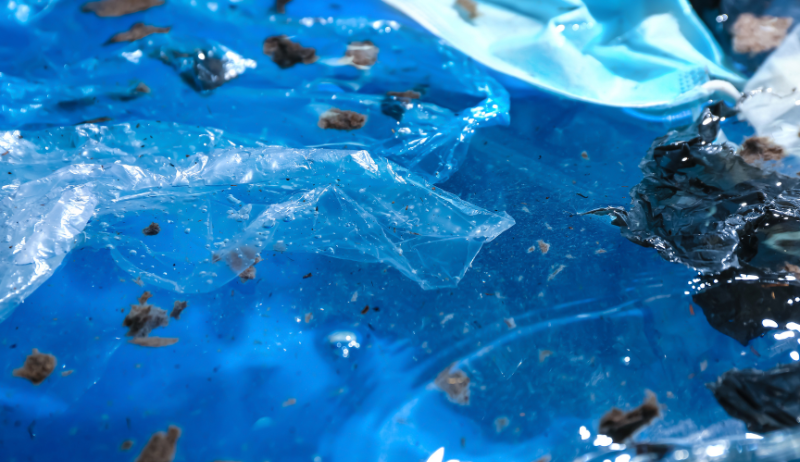Revolutionary Breakthroughs in Sustainable Skipjack Tuna Fishing: A New Era for Ocean Conservation
November 27, 2024

Transforming the Fishing Industry Through Innovation
Revolutionizing practices to protect marine ecosystems while ensuring economic viability.
Key Takeaways
- Implementation of cutting-edge sustainable fishing methods
- Significant reduction in bycatch rates
- Enhanced traceability systems
- Improved economic outcomes for fishing communities
- Meeting international sustainability standards
Introduction
The global fishing industry has reached a pivotal moment with groundbreaking developments in sustainable skipjack tuna fishing practices. These innovations are revolutionizing how we approach marine resource management while maintaining the economic viability of fishing communities worldwide.
Advanced Sustainable Fishing Technologies
Smart FAD Management
Modern Fish Aggregating Device (FAD) management systems now incorporate satellite tracking and biodegradable materials, significantly reducing marine debris while improving catch efficiency. These smart FADs can:
- Monitor fish populations in real-time
- Reduce unnecessary vessel movement
- Minimize environmental impact
- Optimize fishing operations
Precision Fishing Methods
New sonar technologies and AI-powered systems enable fishers to:
- Identify skipjack tuna schools with 95% accuracy
- Reduce bycatch by up to 70%
- Minimize fuel consumption
- Increase catch efficiency while protecting marine ecosystems
International Certification Standards
Meeting Global Requirements
The new sustainable practices align with key international standards:
- Marine Stewardship Council (MSC) certification requirements
- ISSF (International Seafood Sustainability Foundation) guidelines
- EU IUU fishing regulations
- FAO Code of Conduct for Responsible Fisheries
Economic Benefits
Market Advantages
Sustainable fishing practices create significant market benefits:
- Premium pricing for certified sustainable products
- Access to environmentally conscious markets
- Reduced operational costs
- Long-term resource security
Environmental Impact
Ecosystem Protection
The new practices contribute to marine conservation through:
- Maintained skipjack tuna populations
- Protected endangered species
- Preserved marine biodiversity
- Reduced carbon footprint
Implementation Guidelines
Best Practices for Fishing Operations
Key strategies include:
- Regular crew training on sustainable fishing methods
- Implementation of electronic monitoring systems
- Strict adherence to catch documentation
- Regular gear maintenance and upgrades
Future Outlook
The fishing industry continues to evolve with emerging technologies and practices. Ongoing research and development focus on:
- Advanced tracking systems
- Better fish stock assessment methods
- Improved gear selectivity
- Enhanced traceability solutions
Conclusion
These breakthrough sustainable fishing practices represent a significant step forward in balancing commercial fishing needs with environmental conservation. By adopting these innovative approaches, the industry ensures both the long-term viability of skipjack tuna populations and the prosperity of fishing communities.

 English
English Chinese
Chinese